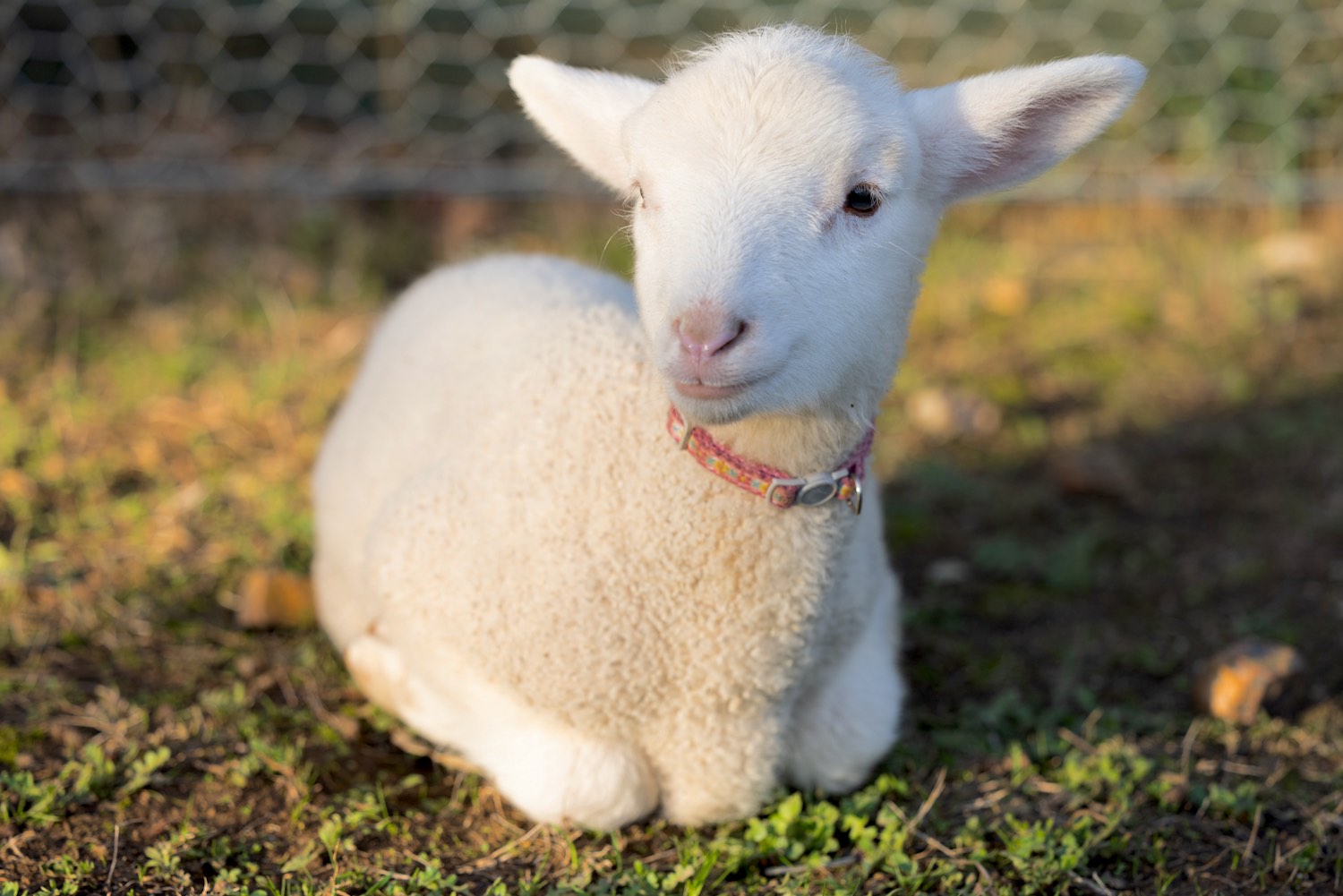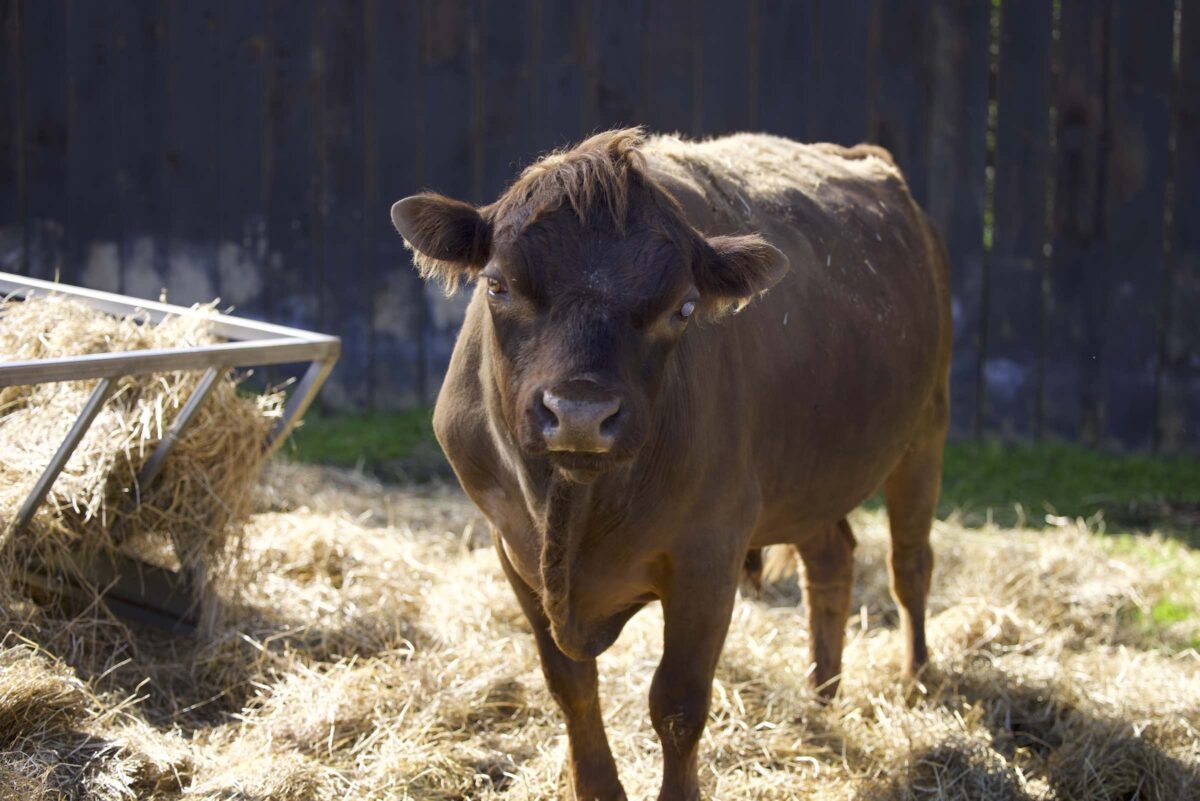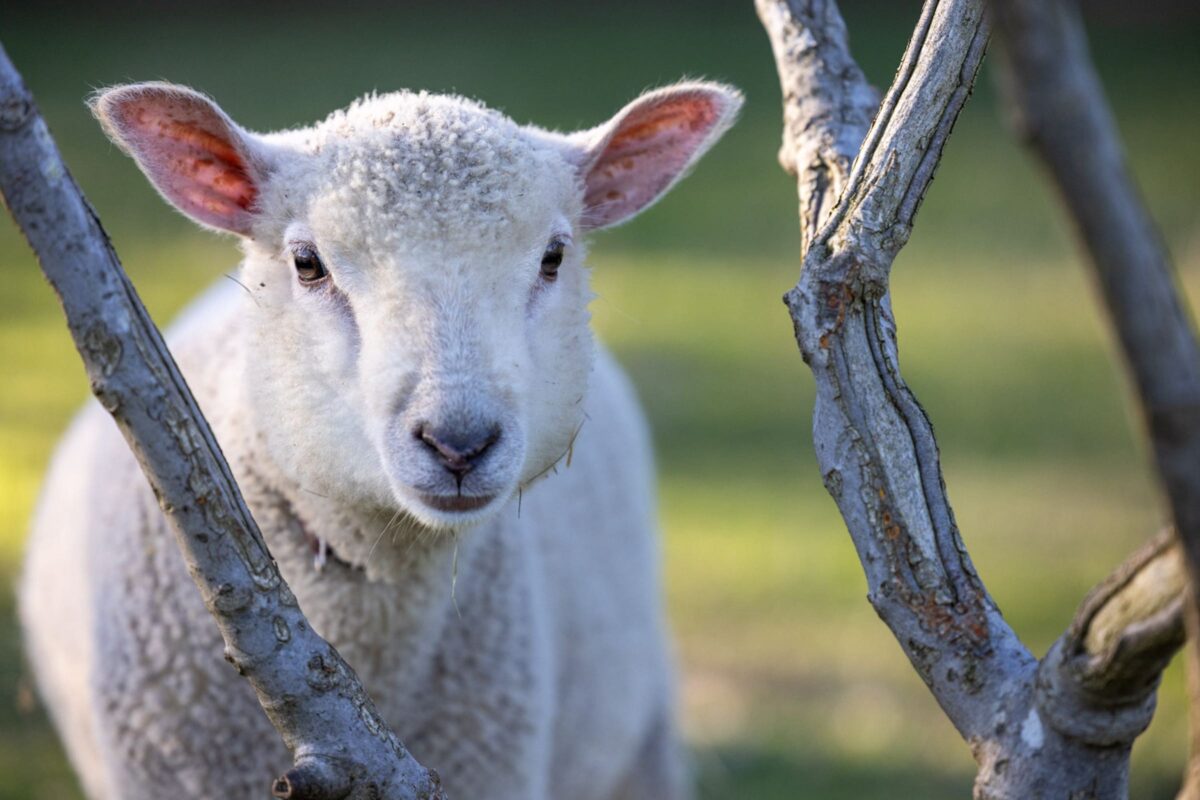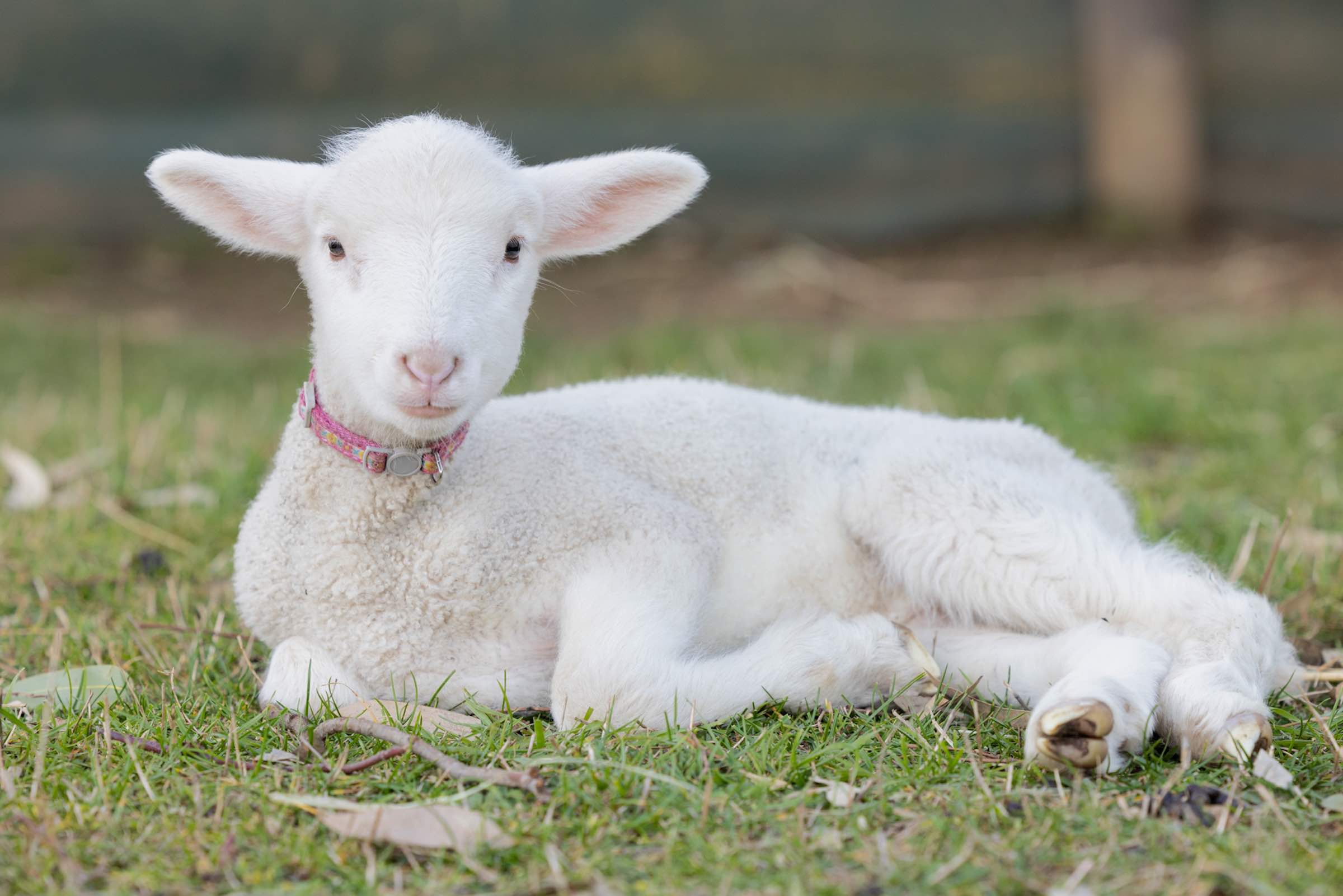
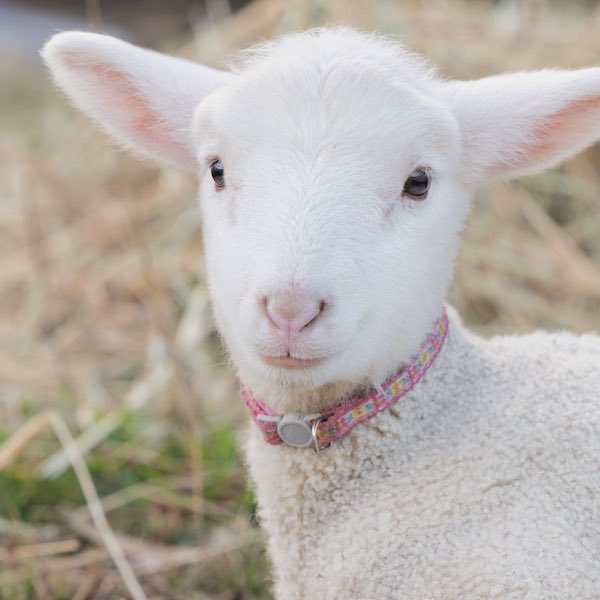
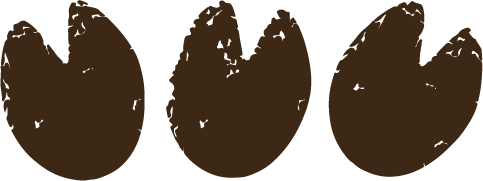
What Became of Us
They arrived within moments of one another. Acacia, Blue Gum and Eucalyptus. Three wee lambs.
Three separate beginnings—one shared fate, had kindness not stepped in. Acacia, a hardy little newborn, was still slick with amniotic fluid when she was found. Her frail mumma had collapsed during birth, weakened by drought and neglect. Without intervention, Acacia would have perished—and likely, her mumma too.
But someone cared enough to stop.
To act.
As Acacia was bundled gently for sanctuary, a glance to the side found another lamb. A newborn, alone. No mumma in sight.
A question was asked. The farmer shrugged—he didn’t care. The drought too, it seemed, had stolen his compassion.
And so Blue Gum joined Acacia on that mission of mercy.
Then came Eucalyptus—weeks older, yet still heartbreakingly young. His plumped-up sides said he had known his mumma’s tender love and care. Yet, somehow, he had become separated from his flock. Wandering onto the property of someone kind became his one chance at survival.
They made the call. We answered, “Yes.”
Different stories. One destination. In sanctuary, they found safety—and each other.
Together, Acacia, Blue Gum and Eucalyptus are weathering more than winter winds. They are weathering the storm of human indifference. They are healing from the wounds of a world that too easily discards the vulnerable. The meek. The “others.”
We marvel at them daily—how quickly, without judgment, they form bonds. How deeply they feel. How fully they trust—despite everything.
And so when their rescuers ask, “What became of them?” we answer gently: “They have lived. They are loved. And they are named.”
Though a harder question lingers, one we must all ask of ourselves.
“What became of us?”
What became of a society where lambs—no different in sentience than cats or dogs—are treated as products?
Where compassion is rationed and cruelty is excused as tradition?
Where profit trumps mercy and indifference becomes routine?
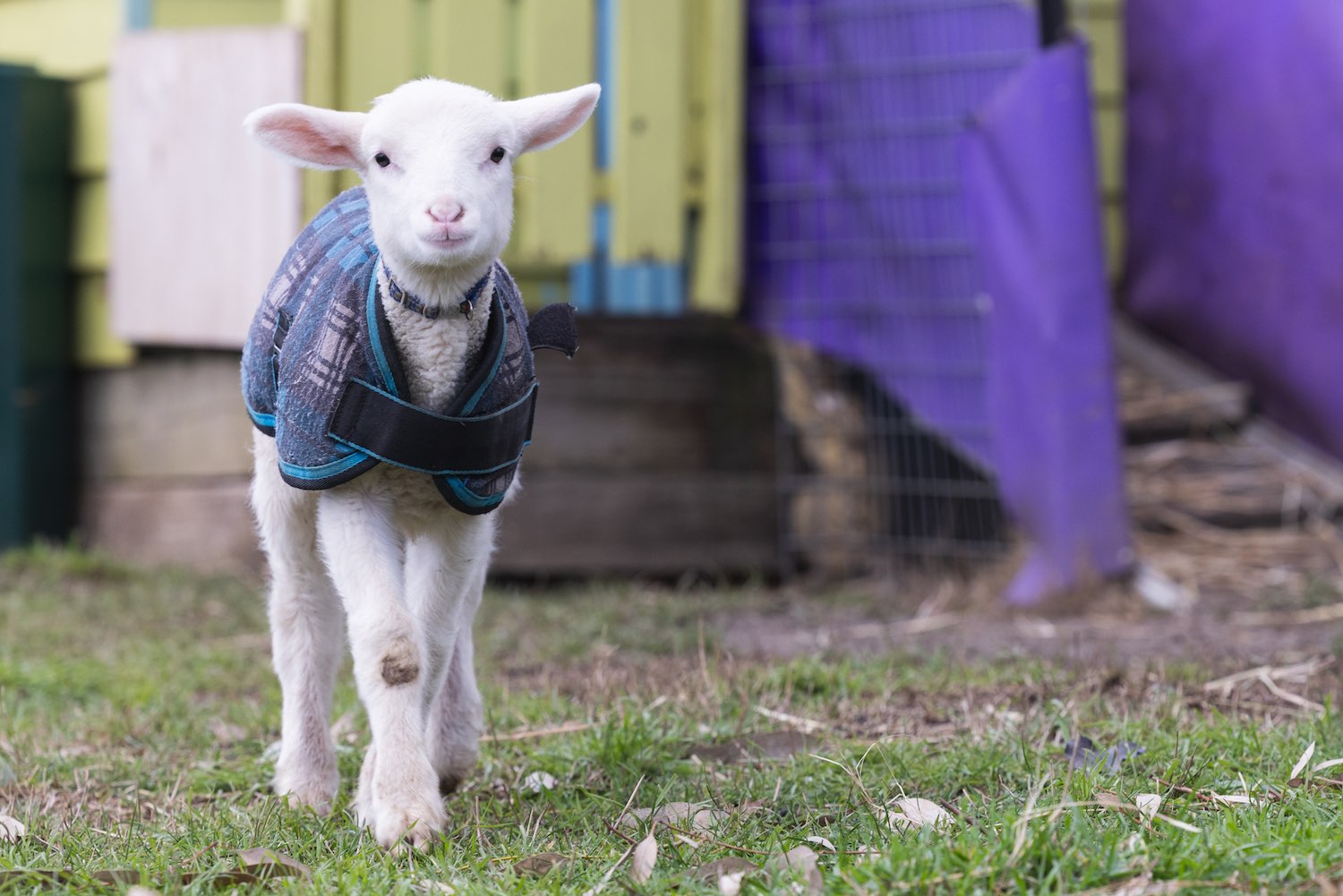
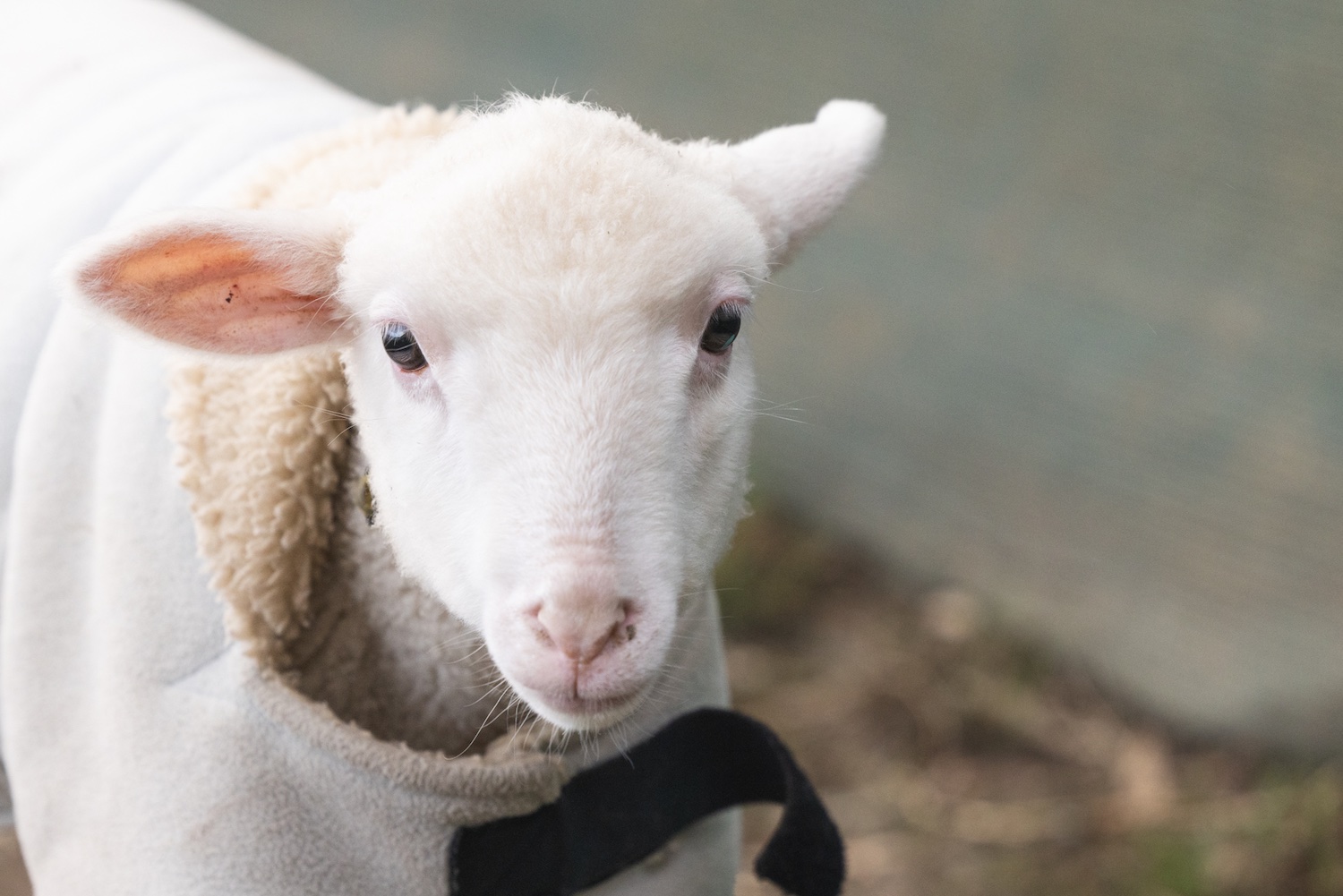
What became of the children we once were—before we learned to look the other way? To hush our hearts with reasons?
When you are moved by the plight of those at our mercy, you are not just feeling—you are remembering.
You are remembering a time when kindness wasn’t political or reduced to a bumper sticker.
When love had no species.
When there was no “them” or “others”—only us.
So let us not forget.
Let us not harden our hearts.
Let us choose presence over programming and mercy over habit.
Let us choose to remember—and to act.
Because what becomes of them—depends entirely on what becomes of us.
